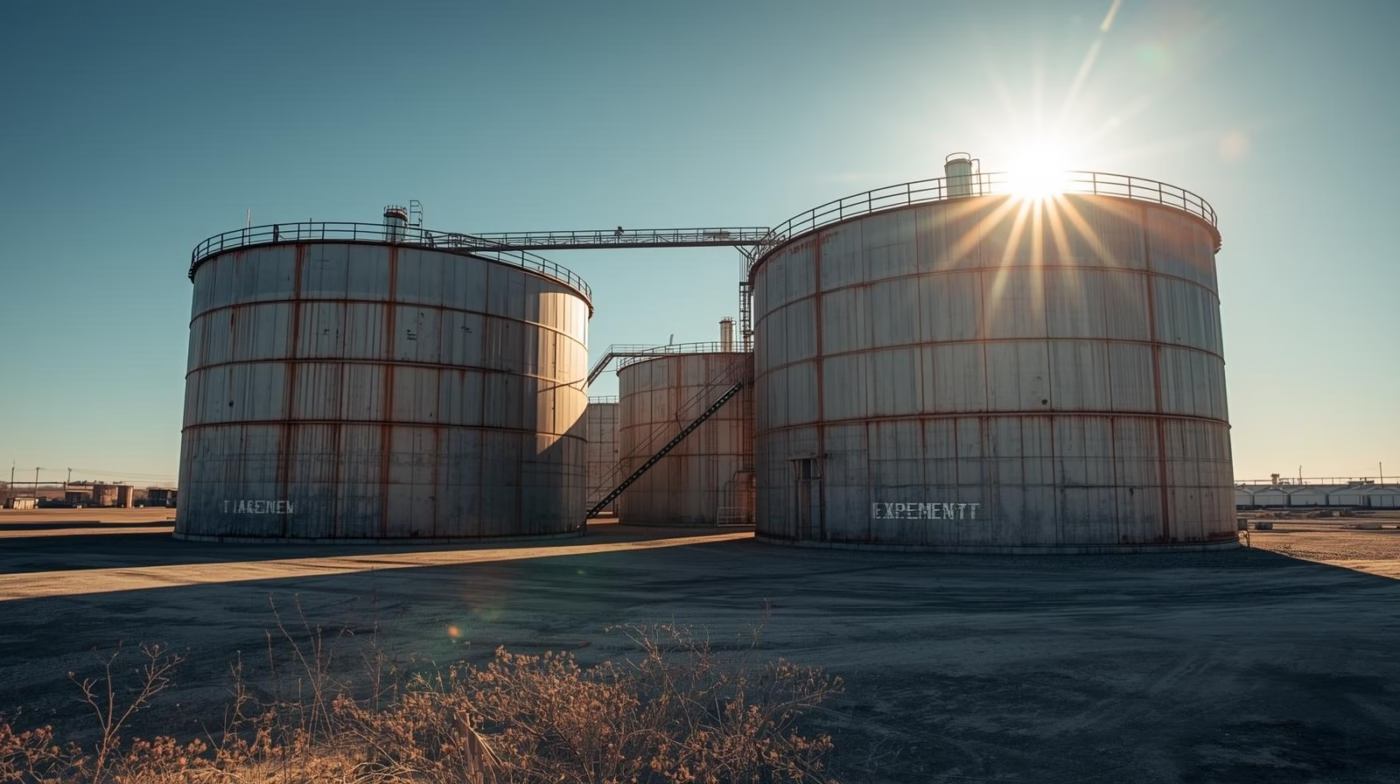Discover how Filament Winding Resin enhances chemical storage tanks and pressure vessels with superior corrosion resistance and chemical stability for long-term industrial performance.
In chemical processing plants, safety and longevity depend on material performance. Equipment like storage tanks and pressure vessels are constantly exposed to harsh acids, alkalis, and solvents. Traditional metal tanks corrode quickly, leading to leaks, contamination, and costly downtime.
To combat this, engineers now rely on Filament Winding Resin, a key material in composite tank and vessel construction. This resin not only strengthens the structure but also provides excellent corrosion and chemical resistance, ensuring long-term durability in aggressive industrial environments.
What Is Filament Winding Resin?
Filament Winding Resin is the polymer matrix used in the filament winding method, a manufacturing technique where continuous fibers (usually glass or carbon) are wound around a rotating mandrel. Once cured, the resin bonds the fibers together to form a strong, seamless composite structure.
The resin’s job is crucial. It transfers load between fibers, seals the surface, and protects against chemical attack. Without a high-performance resin system, even the strongest fibers cannot deliver reliable protection.
Why Chemical Storage Tanks Need Stronger Protection?
Chemical storage tanks and pressure vessels handle a wide range of aggressive substances like acids, caustic solutions, and solvents. Metal tanks, though strong, are prone to corrosion and require frequent maintenance or costly coatings.
Filament Winding Resin solves this issue by creating a non-reactive barrier. It prevents chemicals from penetrating the composite structure, thereby avoiding damage, leaks, or contamination. This makes it a preferred material for industries such as:
- Chemical processing
- Water treatment
- Fertilizer manufacturing
- Petrochemicals
- Pharmaceutical production
In these sectors, safety and chemical resistance are not optional—they’re essential.
The Role of Filament Winding Resin in Durability
Filament Winding Resin Gives Superior Corrosion Resistance
The most valuable property of Filament Winding Resin is its ability to resist corrosion. When used in storage tanks and pressure vessels, the resin prevents the surface from reacting with corrosive chemicals.
This means the inner layer of the tank remains intact, even under long-term chemical exposure. As a result, maintenance needs are reduced, and equipment lifespan is greatly extended.
Exceptional Chemical Stability
Chemical stability defines how well a resin can withstand contact with reactive substances. Filament Winding Resin, especially vinyl ester offers outstanding stability across a broad pH range.
It resists acids, alkalis, and organic solvents without losing its mechanical strength or surface integrity. This stability makes it ideal for tanks that store corrosive liquids such as hydrochloric acid, sodium hypochlorite, or methanol.
High Mechanical Strength
Besides chemical resistance, mechanical strength is vital for pressure vessels. The resin-fiber combination creates a material that is both lightweight and strong.
When properly cured, Filament Winding Resin provides high tensile and flexural strength, allowing tanks to withstand internal pressure and impact. This structural performance ensures safety and reliability over decades of use.
Thermal and Environmental Resistance
Many chemical processes operate at high temperatures. A good resin system must resist thermal degradation while maintaining chemical stability.
Epoxy and vinyl ester Filament Winding Resins are engineered for this purpose. They endure temperature fluctuations and harsh weather conditions, making them suitable for both indoor and outdoor installations.
Even when exposed to UV radiation, moisture, or temperature cycles, these composites retain their integrity and finish.
How Filament Winding Resin Works?
The filament winding process combines precision with performance. Fibers are saturated with Filament Winding Resin and wound in controlled patterns around a mold. After curing, the result is a dense, void-free composite wall.
This structure delivers:
- Leak-proof protection due to tight resin impregnation
- Uniform strength across all directions
- Long-lasting chemical shielding through a tough resin-rich surface
These benefits make filament-wound tanks a modern replacement for metal and thermoplastic alternatives.
Real World Applications in the Chemical Sector
Storage of Corrosive Liquids
Industries that store acids or alkalis rely on filament-wound tanks for their non-corrosive interiors. Filament Winding Resin ensures these tanks maintain their shape and chemical barrier even after years of exposure.
Pressure Vessels in Chemical Processing
High-pressure applications demand both strength and stability. Resin-based composites offer a perfect balance for lightweight yet resistant to high internal pressures and aggressive media.
Scrubbers and Reaction Vessels
Equipment that handles gas scrubbing or chemical reactions benefits from resin-rich composite linings. They prevent corrosion, extend lifespan, and minimize maintenance downtime.
Sustainability and Maintenance Advantages
Filament Winding Resin also supports sustainability goals. Composite tanks require less energy to manufacture and are lighter than steel, which lowers transportation and installation costs.
Additionally, the resin’s durability reduces replacement frequency and waste generation. Maintenance is simpler too. Thanks to smooth, non-stick surfaces that resist scaling and residue buildup.
Concluding Thoughts
From chemical storage tanks to pressure vessels, Filament Winding Resin plays a defining role in ensuring long-term durability and safety. Its unmatched corrosion resistance and chemical stability make it indispensable in the chemical industry, where harsh conditions are the norm.
By combining strength, stability, and sustainability, filament-wound composites have transformed how industrial containment systems are built. With these resins, plants operate more efficiently, safely, and reliably, year after year.
COMPANY INFO
Website: www.crestresins.com
Phone: +91 9879233188
Email: enquiry@crestresins.com
Address: 605/A, 6th Floor, Tower D, Times Square Grand Office, Sindhubhavan Marg, Near Taj Hotel, Ahmedabad, Gujarat - 380059

